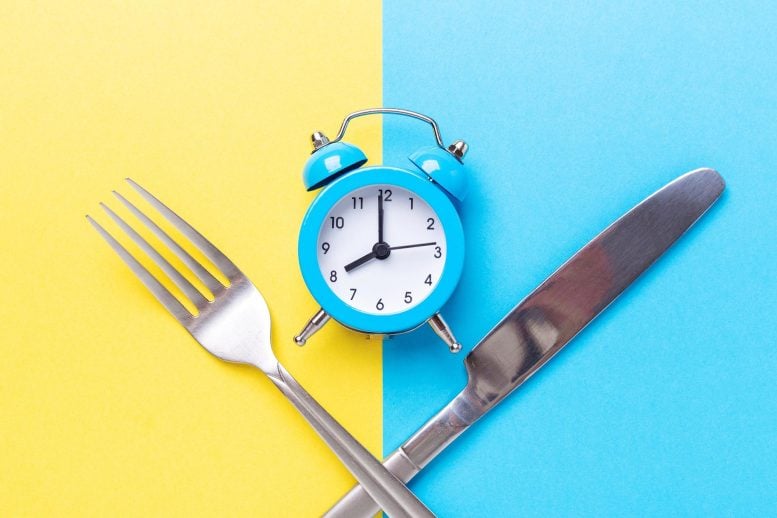
Intermittent fasting is a type of diet that cycles between periods of eating and abstaining from food. It’s an effective way to control your appetite and lose weight, but it can also be tough on your mind. If you’re used to eating all the time, suddenly not eating for 12 hours or more can be a challenge.
There are several things you can do to curb your cravings while intermittent fasting:
1. Plan ahead
If you know that a certain time of day will be difficult for you, plan ahead. Maybe it’s right after lunch at work or right before dinner at home with the family. Plan what you’ll do during those times so that when hunger strikes, you have something fun planned that will keep your mind off food for a while.
2. Start with a small goal
If you’re new to intermittent fasting, don’t start with a 24-hour fast or even a 16-hour fast. Instead, start by fasting for 8-12 hours at first and see how manageable it is for you. Then gradually increase the length of your fast by an hour or so each week until you reach your desired length of time.
3. Drink more water
Many people find they experience less hunger and cravings when they drink more water during the day. Water helps keep your body hydrated and regulates your appetite, which helps prevent overeating. In addition, water helps flush out toxins from your body and keeps your digestive tract moving so the body can properly process and absorb food.
4. Increase your protein intake
Protein is another great way to curb cravings during intermittent fasting. It helps stabilize blood sugar levels and control appetite hormones, which helps reduce snacking on junk food between meals or before bedtime. Protein also helps maintain lean muscle mass as you lose weight and preserve energy levels throughout the day so that you won’t feel fatigued while fasting.
5. Focus on fiber-rich foods
A high-fiber diet helps curb sugar cravings because it keeps blood sugar levels stable throughout the day. Fiber also helps feed good bacteria in your gut and keeps your digestive system running smoothly — a bonus if you’re experiencing digestive issues during your fasting period. Foods rich in fiber include whole grains (like brown rice), beans and legumes, vegetables, nuts and seeds, fruits, and dairy products such as yogurt or kefir made from cow’s milk.
6. Make sure you’re getting enough sleep
Lack of sleep increases hunger and makes it more difficult for the body to burn fat during fasting periods. Sleep is also important for maintaining proper circadian rhythms, which can help regulate hormones that impact appetite and metabolism. If you struggle with insomnia, consider using relaxation techniques or natural sleep aids before bedtime.
7. Slow down and eat mindfully
Intermittent fasting requires a lot of self-control, especially when it comes to eating. Take your time when eating so that you don’t overeat or consume too much sugar or salt during your mealtimes.
Eating mindfully helps you eat less because it takes longer for your brain to register that it’s full when you eat slowly instead of wolfing down food quickly. Focus on what you’re eating and savor every bite. This will help curb appetite and make it easier to stick with this lifestyle change.
8. Keep yourself busy and distracted
If you’re having trouble sticking to an intermittent fasting schedule because of cravings or hunger pangs, try keeping yourself busy throughout the day so that you won’t have time to think about food.
Conclusion
Cravings are a normal part of life, but they can be especially difficult to manage when you’re trying to lose weight. Fortunately, there are ways to curb cravings during intermittent fasting.






Be the first to comment on "8 Ways to Curb Cravings During Intermittent Fasting"